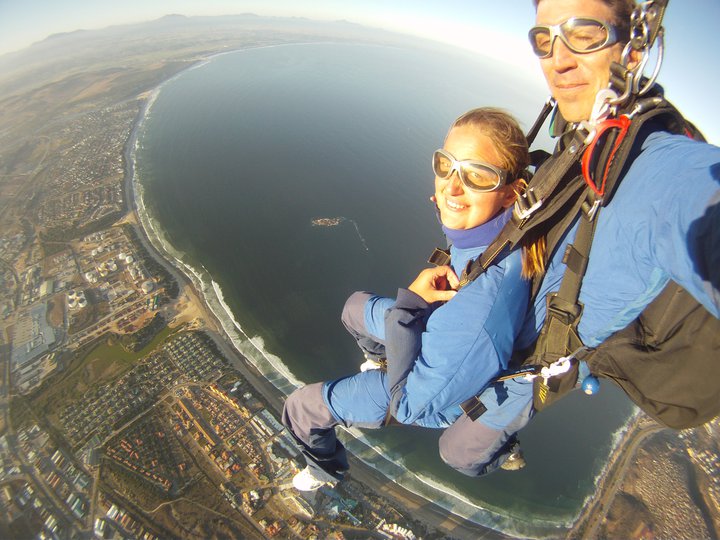The following morning we were greeted by an agent who assisted with the crew members. We were all shuffled to the New Orleans airport base. On the other side of the runway, where the airplanes land their passengers, there was a helicopter base with six choppers lined up parallel to each other. This was the moment when I felt my stomach rumble a bit; waking up really early that morning did not help! In spite of how my stomach was feeling, I was definitely excited to ride in a helicopter again.
 |
| Dorian Daniels in Helicopter En Route to Regent; Gulf of Mexico: Polar Sea 07.2008 |
After the safety video finished, we were taken to the helicopter. Soon as I knew it, I was fastening my life jacket straps, buckling my seat belt, and placing my headphones over my ears. This was it; I was strapped in and ready to go!
 |
| Me in Helicopter Before Takeoff; Gulf of Mexico: Polar Sea 07.2008 |
I cannot tell you how great of a feeling it was to know that at that exact moment, “Life is good.” The whole world seemed miles away. Here I was in the middle of the ocean looking forward to my next project that lied in the passage of absolute serenity. I was on to my next chapter in life – the time when I excelled in personal growth and became a leader.
 |
| Marine Mammal Scientists on the Polar Sea (Left to Right- Halina, me, and Meghan); Gulf of Mexico: Polar Sea 07.2008 |



